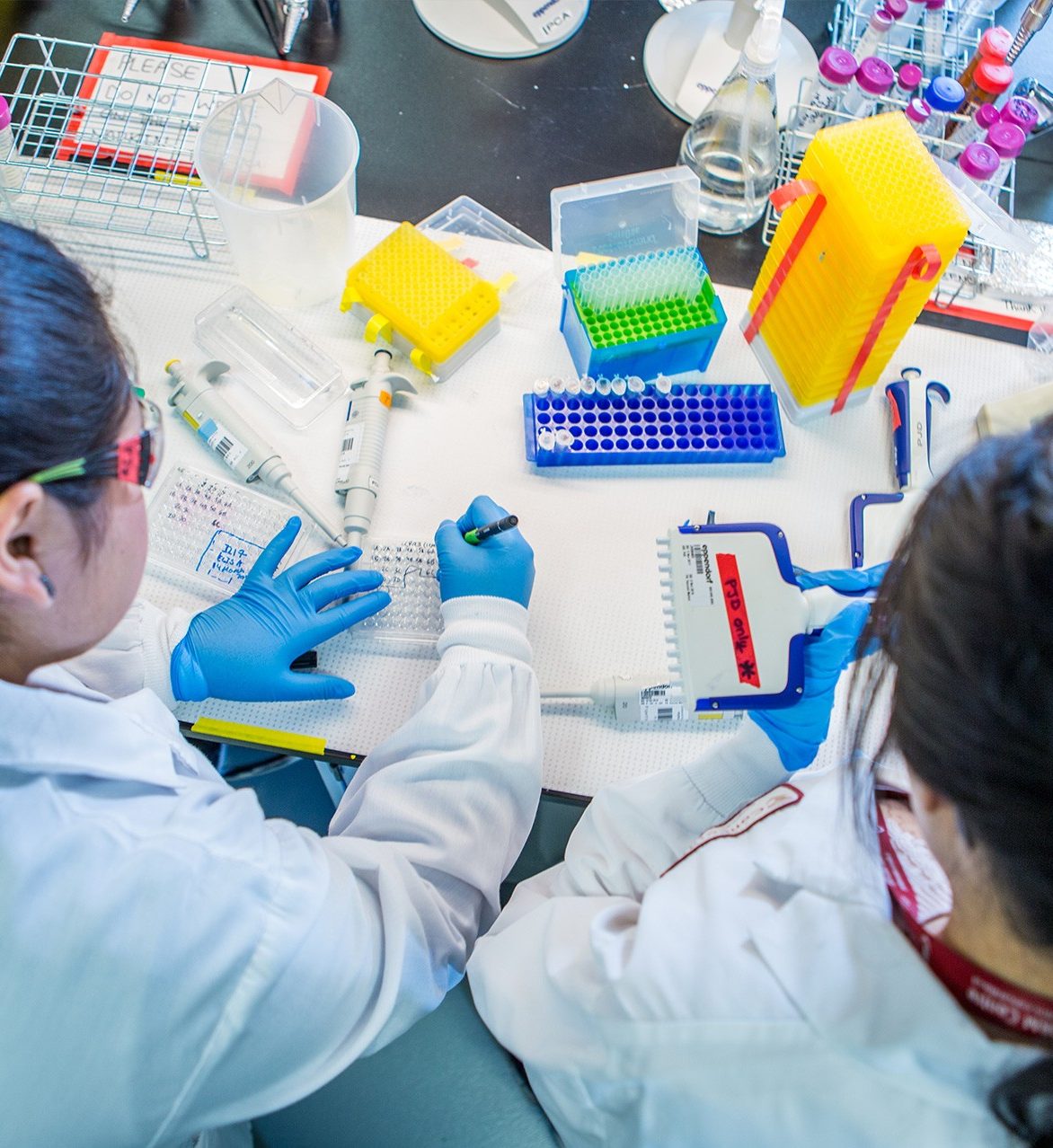
Careers with a biology degree
Studying Biology means diving into the science of life, from the inner workings of cells to how organisms interact with their environment. You’ll study genes, evolution, biodiversity, ecology, physiology and morphology, gain a strong foundation in the chemical and cellular processes of living systems, and receive extensive research training.
What can I do with my degree? Graduates work in healthcare, environmental sciences, biotechnology, education and research, or continue to graduate studies.
Skills you'll develop
Your degree builds more than academic knowledge, it shapes the way you think, communicate and collaborate. Throughout your studies, you'll develop key skills for your career, such as:
Functional knowledge:
Understand biological systems, such as genetics, ecology and cellular biology
Communication:
Write clear and concise scientific papers and lab reports
Management and organization:
Coordinate resources and timelines for collaborative research
Teamwork:
Share ideas and expertise in interdisciplinary teams
Critical thinking and problem solving:
Develop innovative approaches to overcome research challenges
As a Concordia student, you will develop valuable skills to bring to any career opportunity.
Beyond the classroom: build your career path
Getting involved outside of the classroom can help you discover your interests, develop new skills and build a network of peers and professionals in your field.
First year
- Improve your language fluency in French or English through conversation practice.
- Attend a social event hosted by the Biology Student Association.
- Connect with Career Counselling & Education Transitions to plan your career path.
- Explore volunteer opportunities for a cause you care about at university or in hospitals and non-profit organizations.
- Consider Co-op to gain professional work experience during your program.
- Browse the CAPS online job bank for opportunities to gain work experience.
- Consider enrolling for the Science First-Year Experience course to get hands-on experience in a research setting.
Middle years
- Enrich your global perspective by studying abroad for an academic term.
- Attend research seminars offered by the department and look for summer research opportunities.
- Explore courses in Biology with an experiential learning component.
- Help make campus greener at Concordia.
Final year
- Get paid work experience and tackle real-world challenges with District 3’s 12-week summer residency program.
- Consider getting involved in the iGEM project.
- Stay up to date on the biology department news and real-world applications.
- Explore leadership opportunities in the Biology Student Association.
- Enrol in the Undergrad Research Project (BIOL 490) to build research experience.
- Network with potential employers at recruitment events and career fairs.
Specialize your studies
Minors & elective groups
You can customize your degree by adding a minor or elective group. Popular choices with this program include:
Graduate studies and certifications
Graduate studies can help you specialize in a subject you love, engage in meaningful research or open doors to new career paths. Certifications are a great way to build new skills that complement your degree.
Talk to your professors or a career counsellor at the Student Success Centre to find programs that fit your goals.
Start exploring:
- Universitystudy.ca: A data base of graduate programs in Canada
- Concordia’s School of Graduate Studies: Graduate programs offered at Concordia
- Graduate funding and awards: Scholarships and awards, research and teaching assistantships, and other financial supports for Concordia graduate students
- Concordia Continuing Education: Courses, workshops and programs to advance your career
Career resources
Professional organizations
Explore opportunities and expand your network.
Career counselling & advising
Want tailored career advice? Book an appointment with one of our career counsellors or career advisors.
Start your job search
Career Advising and Professional Success (CAPS) can help you find opportunities and support you with networking, applications and interviews.

